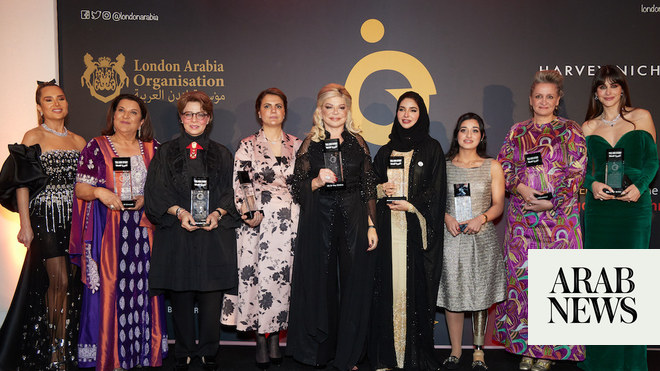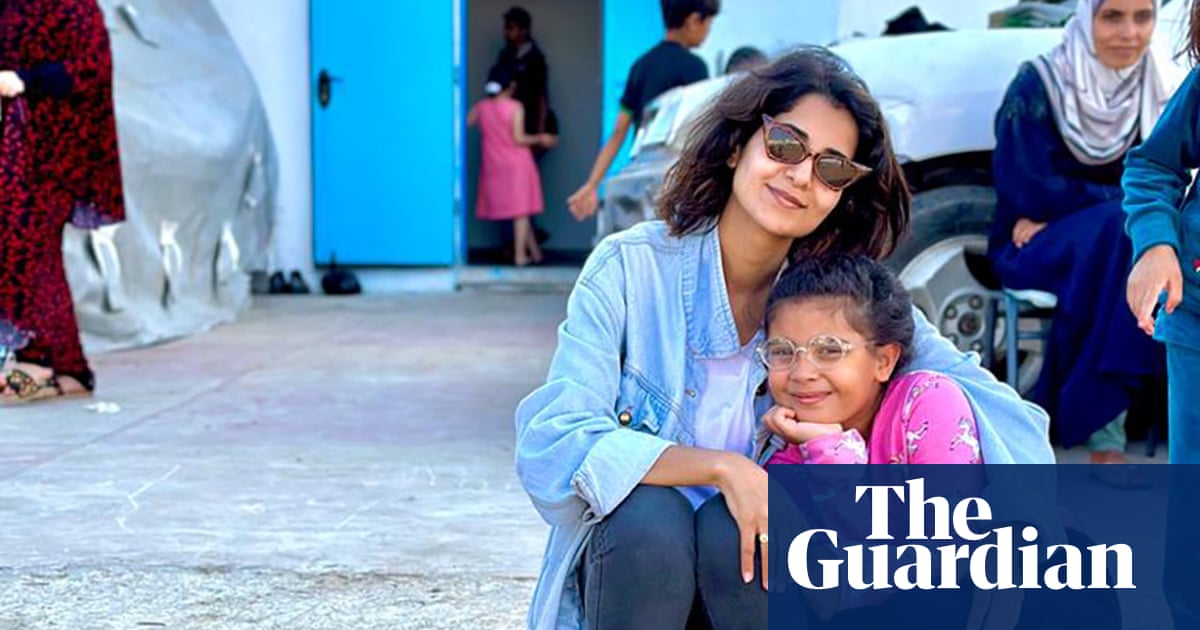
Prior to the 1990s, before cable and satellite offerings started to fragment audiences, television was considered “community entertainment” that helped create a sense of identity. But, as audiences became more niche, this shared experience started to dissipate. Certainly, providers were giving viewers content that was considered much more “premium” than before, but oddly enough, something important was lost along the way — perhaps a sense of relatability.
That is why, ever since our first broadcast in 1991, MBC has always kept in mind our responsibility to serve the greater Middle East and North Africa (MENA), region while, at the same time, remaining proudly Saudi — thus catering to all diverse tastes and interests. It is also why, alongside our premium content, we still offer a major proportion of our content for free.
Fast forward to today, and in 2020, MBC is now a global player in the entertainment sector, with the ability to serve multiple audiences. Looking back, we have come a long way because technology and content back in 1991 were a very different story. Satellite television was still in its infancy, for starters.
The world’s first satellite service premiered in 1948 in a few US states. By the 1980s, the number of satellite channel subscribers was growing steadily, but slowed by the high cost of satellite dishes. As economies of scale made dishes more affordable and satellite technology improved, audiences grew.
Clearly, the launch of Arabsat’s first satellites in 1985 was a turning point for the media industry in the MENA region.
In 1991, MBC was the first private and non-encrypted free-to-air Arab satellite channel with an objective to reach the Arab community around the world through engaging and entertaining content. This desire to pioneer and innovate has stayed with us over the last three decades.
In 1994, MBC moved beyond television broadcasting into radio with the launch of the first private radio station in Saudi Arabia, MBC FM. The success of the station was down to a strategy we have implemented time and time again — using our local knowledge to create premium content tailored to our very own diverse yet specific audience. In the case of MBC FM, it was the combination of Khaliji music, side by side with entertainment and poetry, that helped the station become the top tuned-into station in the Kingdom.
By 2002, it became clear that if we were to continue our expansion and implement our plans to become a major content producer, we needed to be in the middle of our community. With this in mind, MBC relocated from London to Dubai. We had come home, and this greater proximity to our markets and consumers spurred us on to roll out more and more channels. Our move to Dubai Media City coincided with the launch of O3 Production, a company specializing in the production and acquisition of programs, now under MBC Studios.
The year 2003 saw a major increase in new channels, with MBC2 arriving to offer some of the most successful movies from most, if not all, major studios in Hollywood. Launching two months after was Al Arabiya, which quickly established itself as an accurate, trustworthy and credible source of news.
The next decade was equally exciting with the launch of genre-related channels: Kids’ favourite MBC3 (2004), the male-targeted MBC Action (2007), youth music showcase Wanasah (2007), romcom specialist MBC Max (2008), MBC Masr (2012), MBC Bollywood (2013), MBC Persia and MBC Iraq (2019).
Diversification and cultural relevance have always been key to the MBC Group’s growth.
In 2011, we entered the digital era, with Shahid being the first Arab video-on-demand platform in the Middle East. Since then, we have focused on convergence across multiple platforms: On-screen, online, apps, social media, and now the all-new Shahid and Shahid VIP — both witnessing exponential growth.
Our moral and ethical commitments to the community were centralized via the activities of MBC Al-Amal, the group’s corporate social responsibility arm, which arrived in 2013.
With so many channels and platforms comes the commitment to provide a lot of quality content, and we have reached a point in time where it is now more important than ever to tell our own stories to the world. This is why we created MBC Academy and MBC Studios in 2018 — to nurture and promote our own talent to produce films and series good enough to travel and compete globally.
As we move forward, MBC will continue its commitment to the MENA community by creating channels and producing premium content tailored to the needs of our audiences. We will continue to innovate and invest in the future. In particular, we will continue to invest in our youth with projects and initiatives.
With some of the brightest minds in Saudi Arabia and the rest of the Arab world on our team, the future looks bright. And we cannot wait to see where the future generations will take our industry in the region and beyond.
Finally, I would like to congratulate the entire Arab News team on its 45th anniversary — yet another milestone in its history! Here’s to many more.
• Waleed Al-Ibrahim is the chairman of MBC Group.












